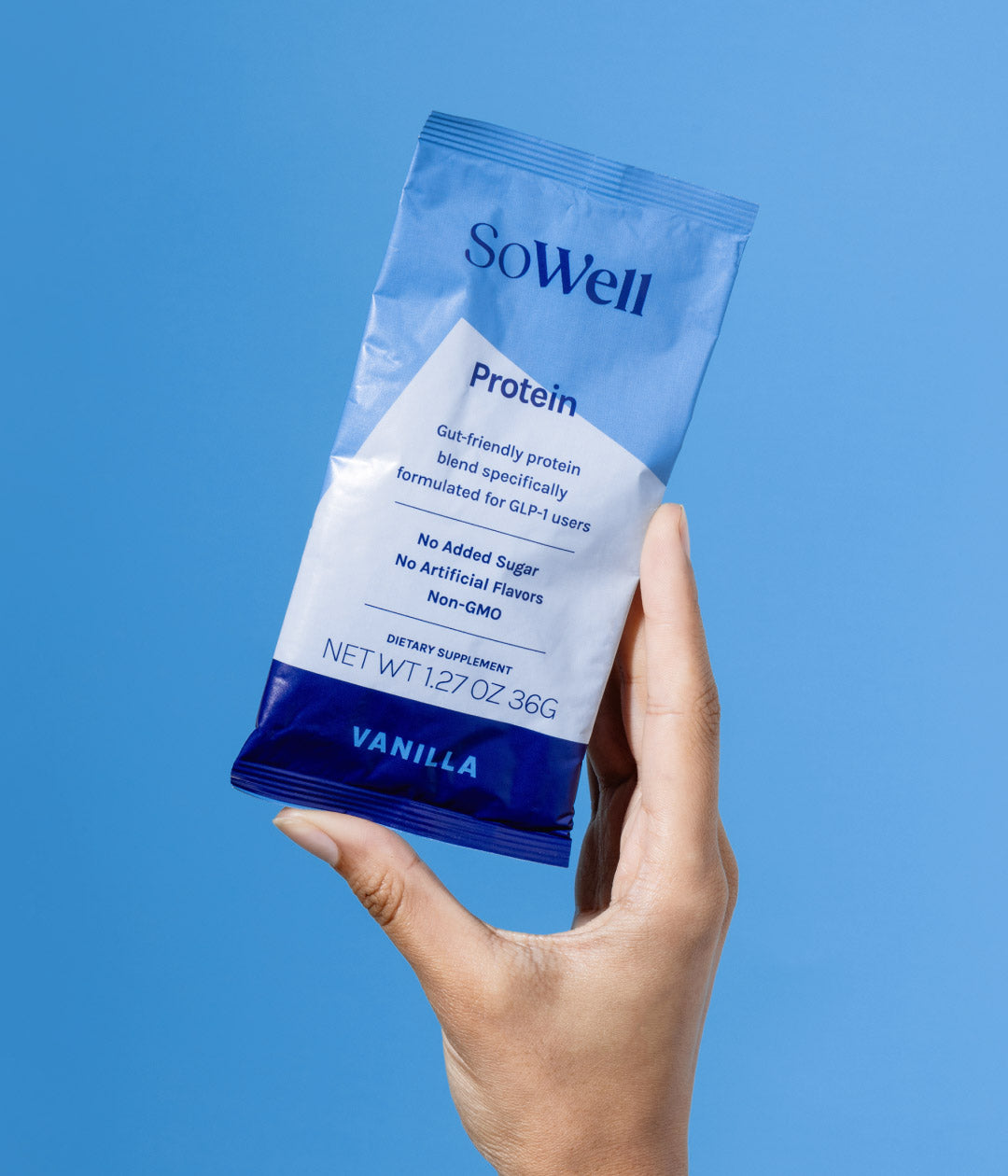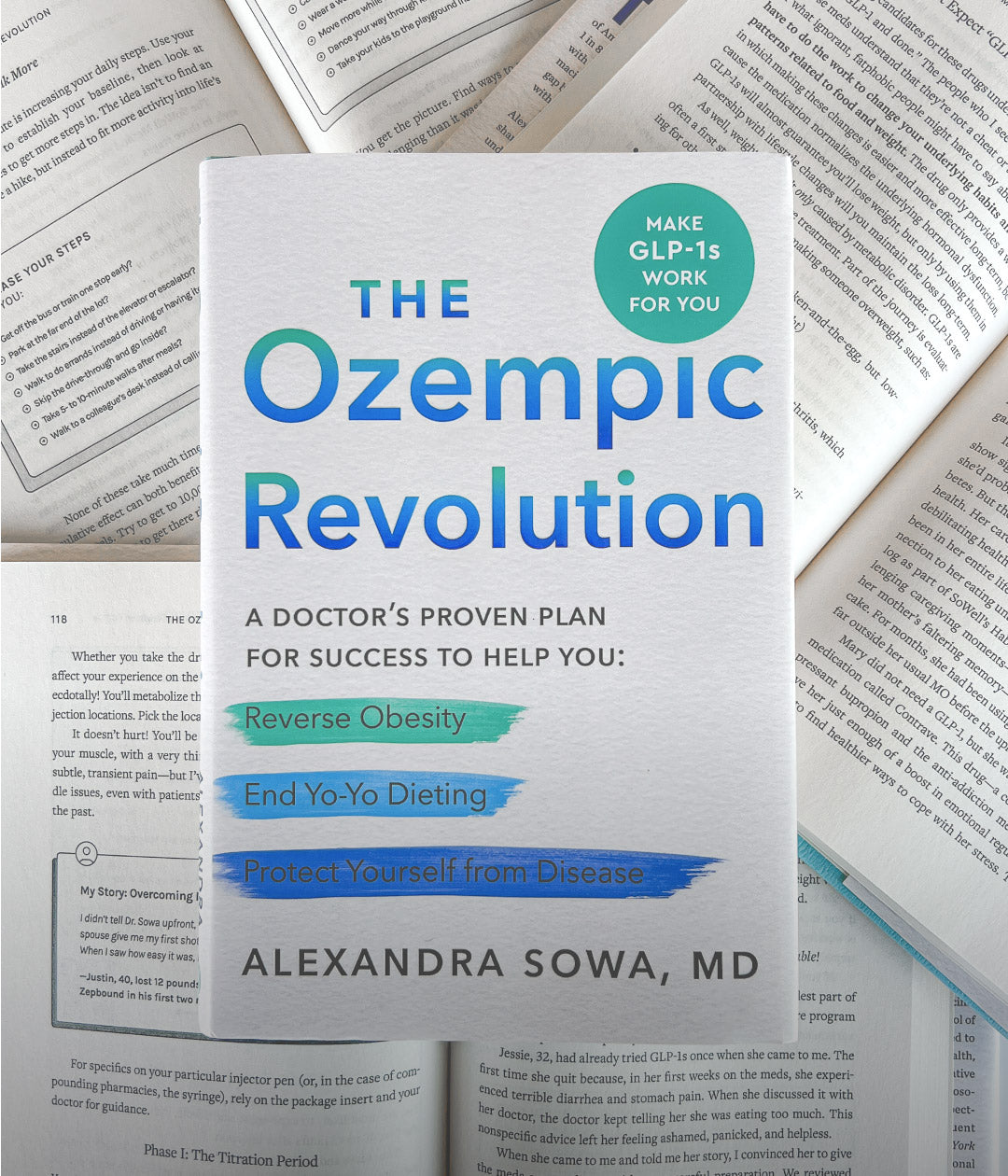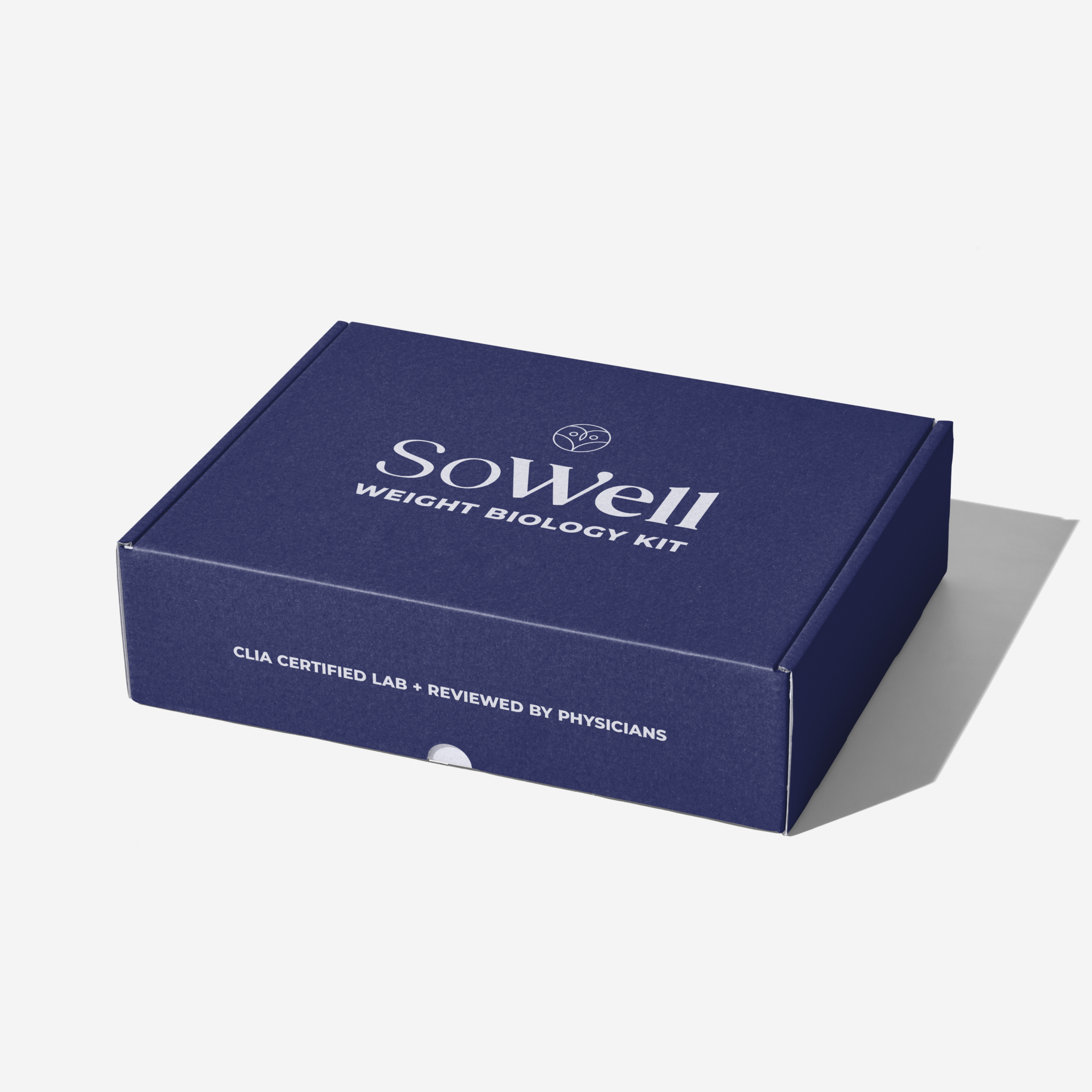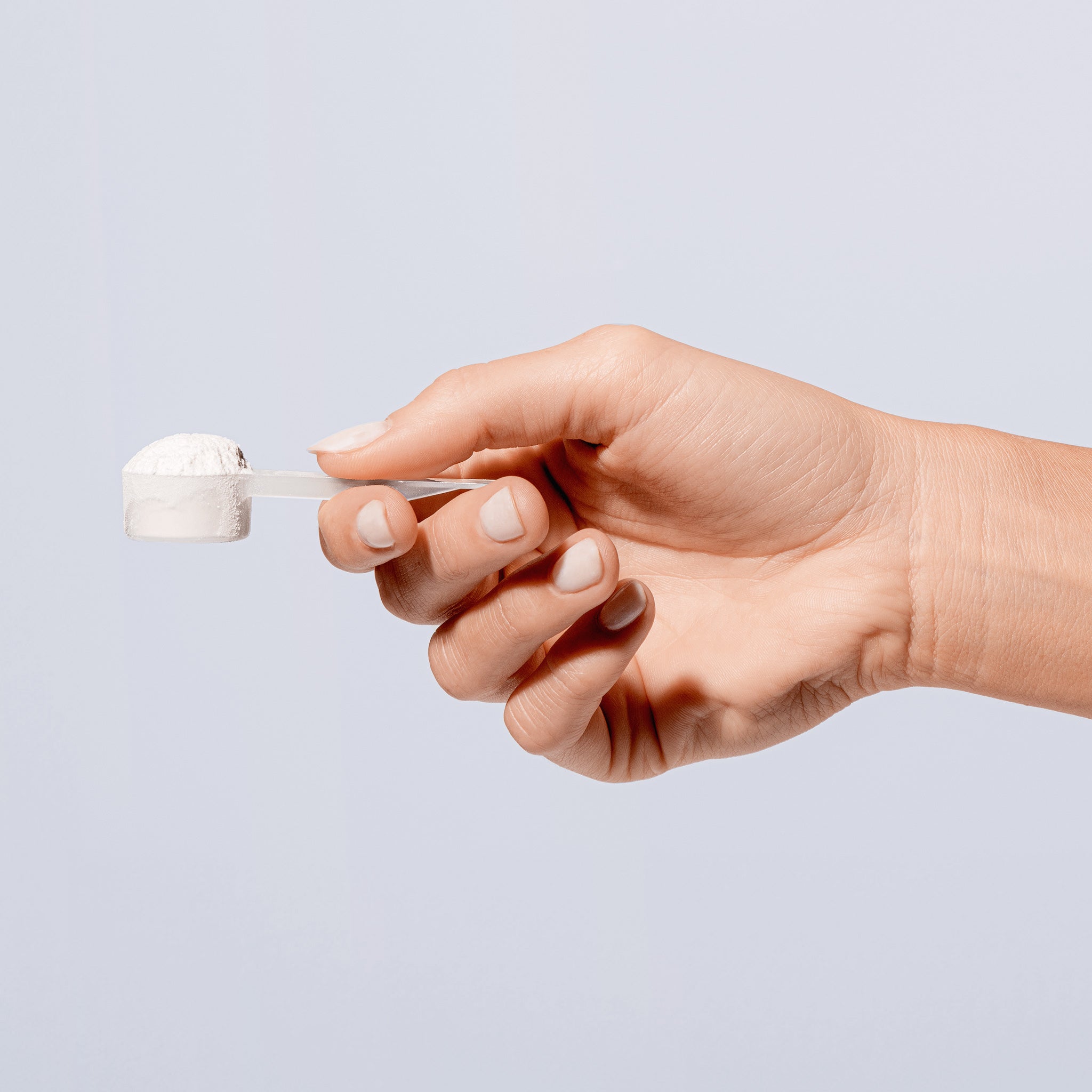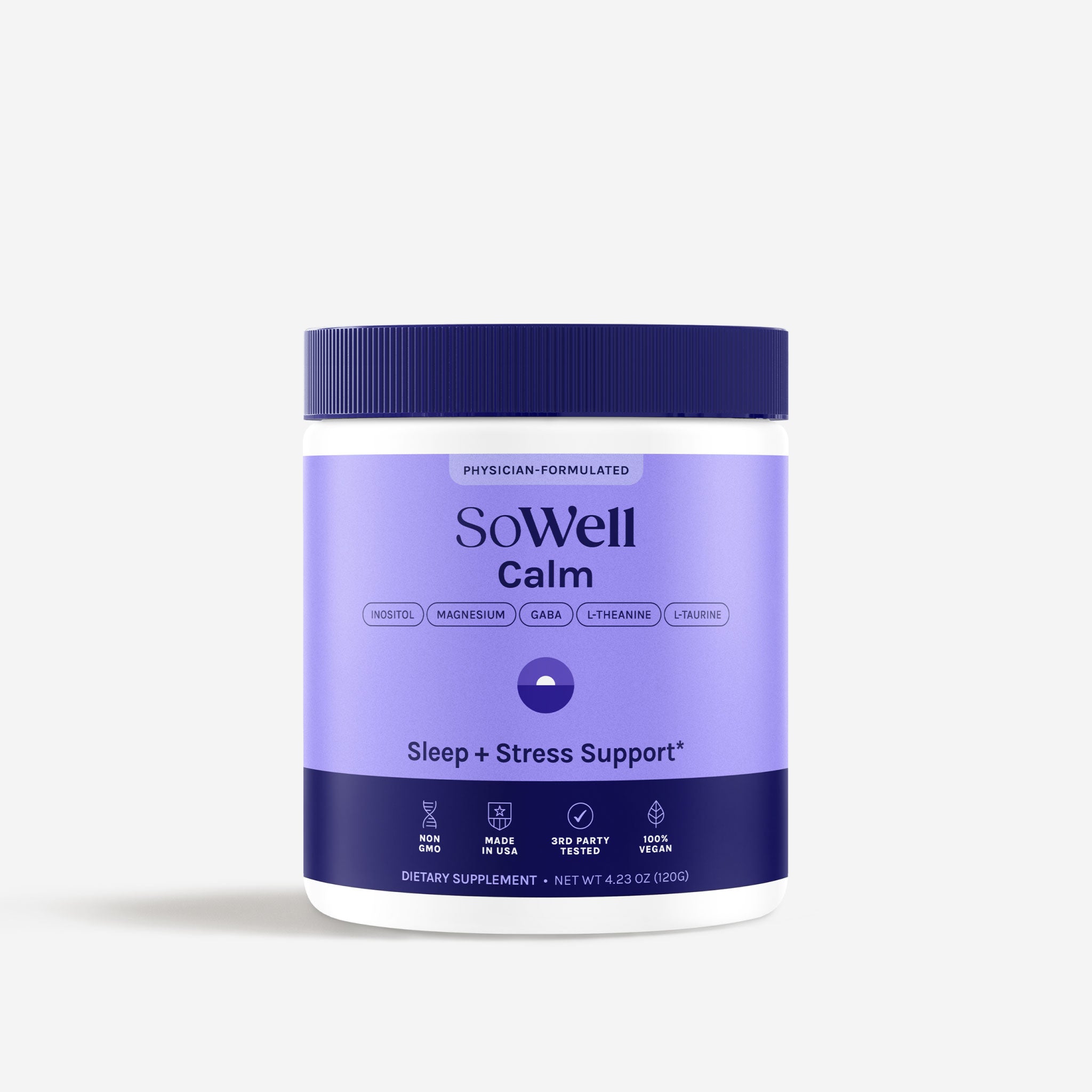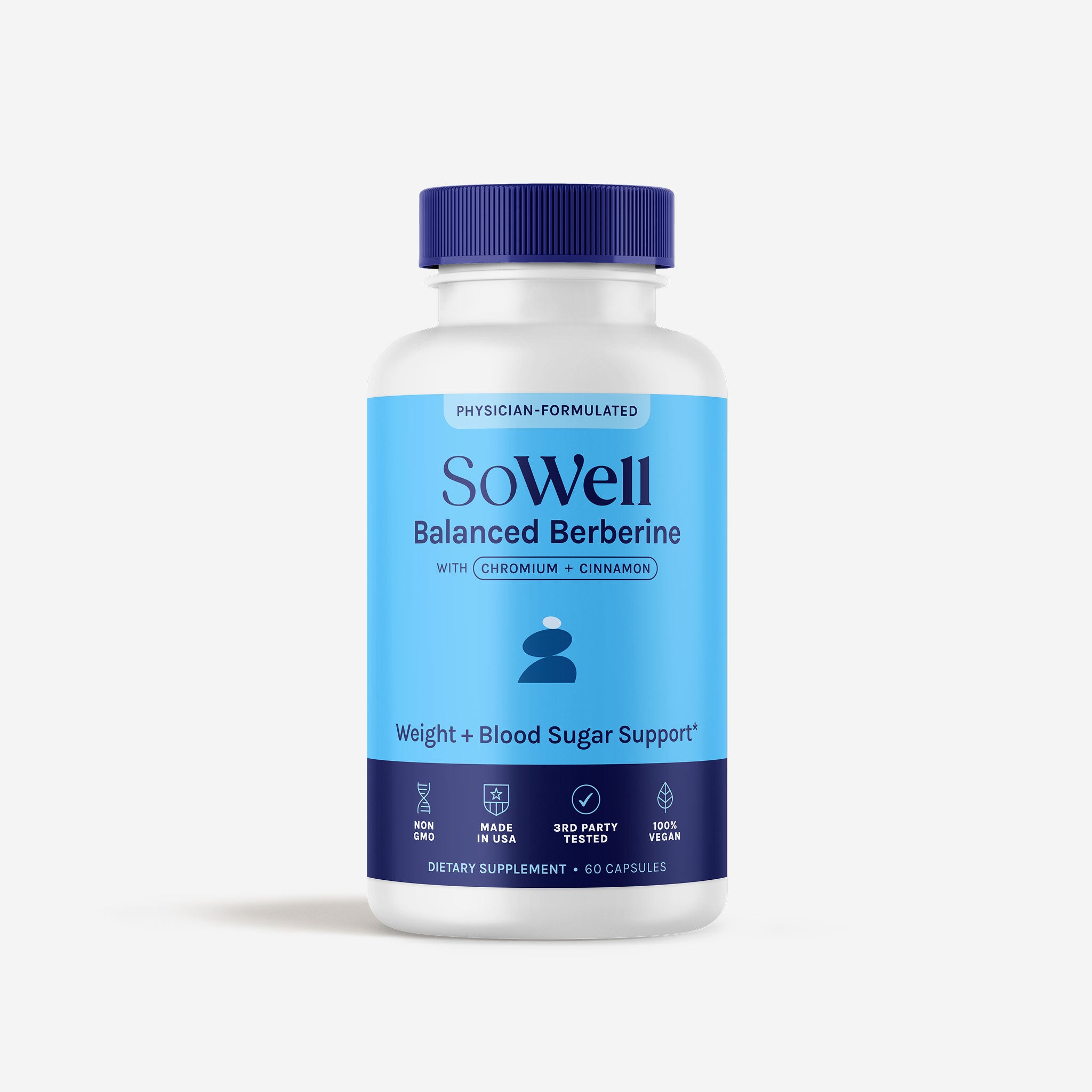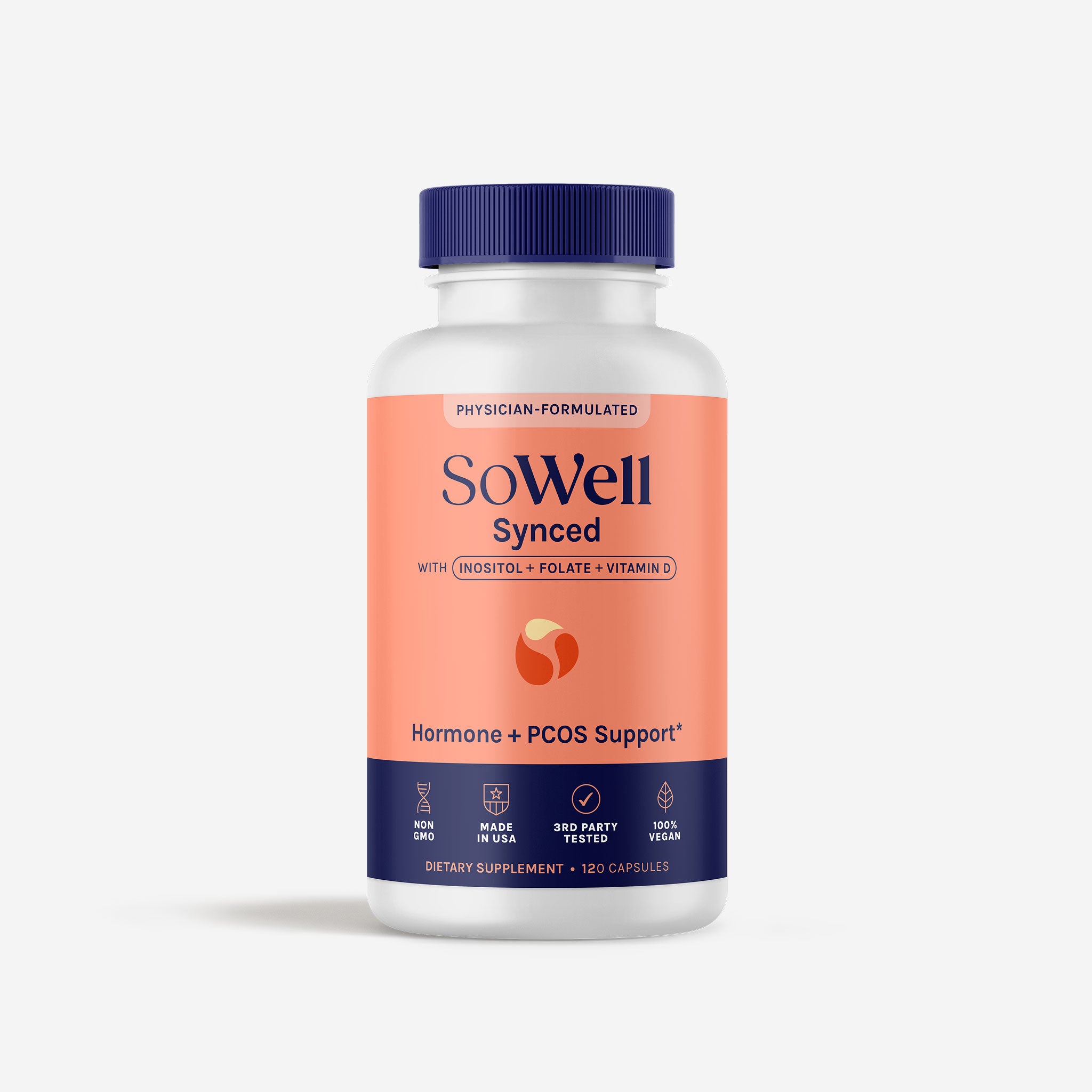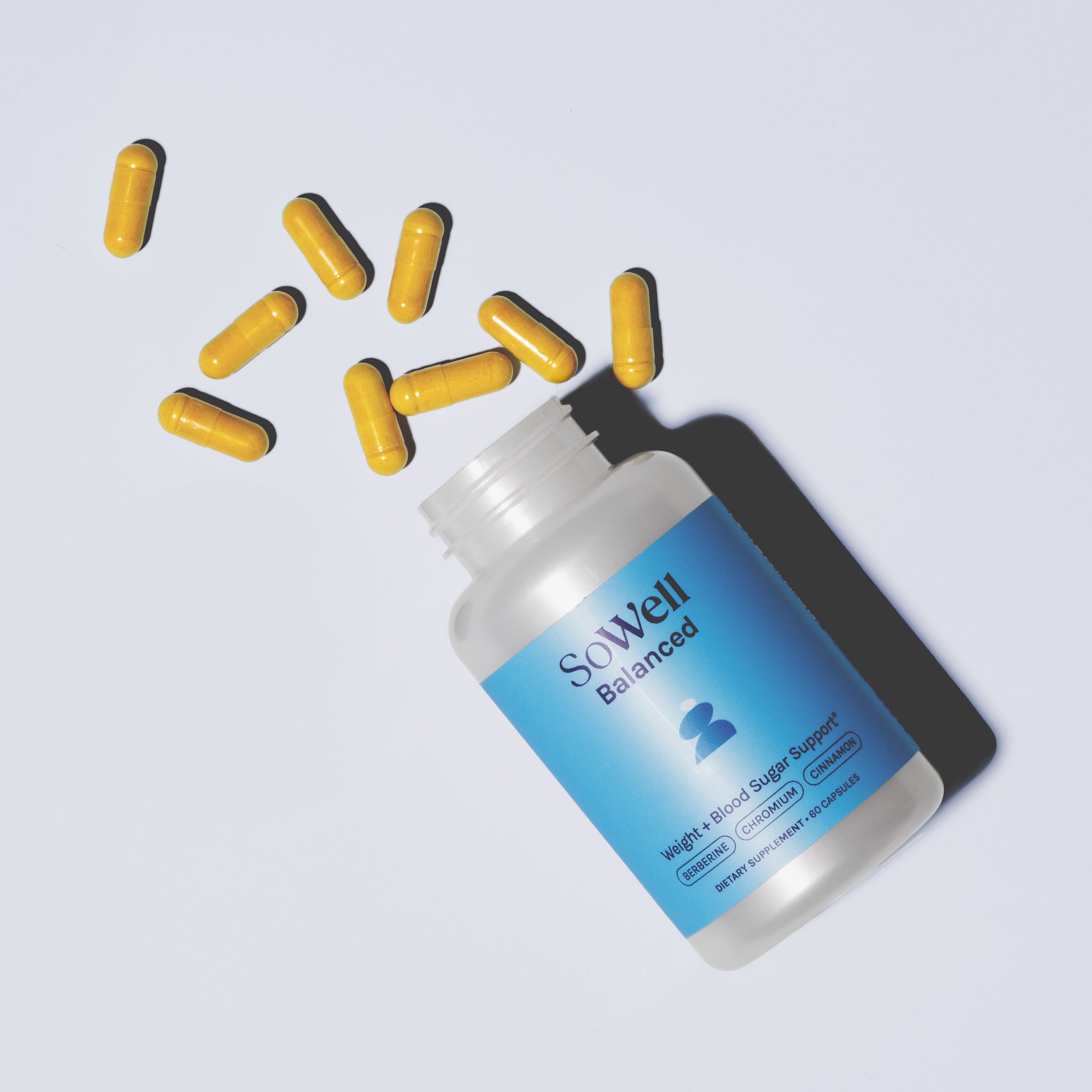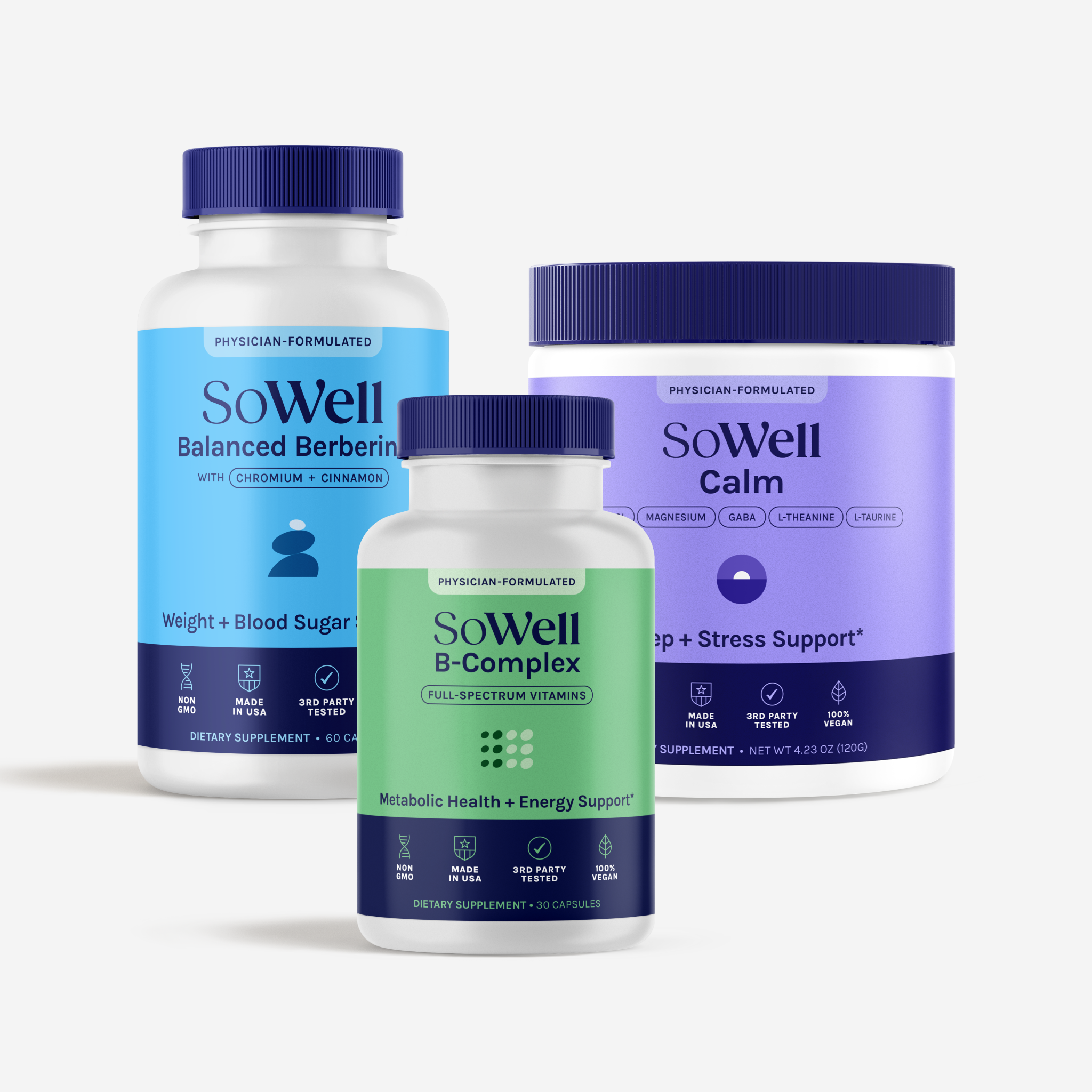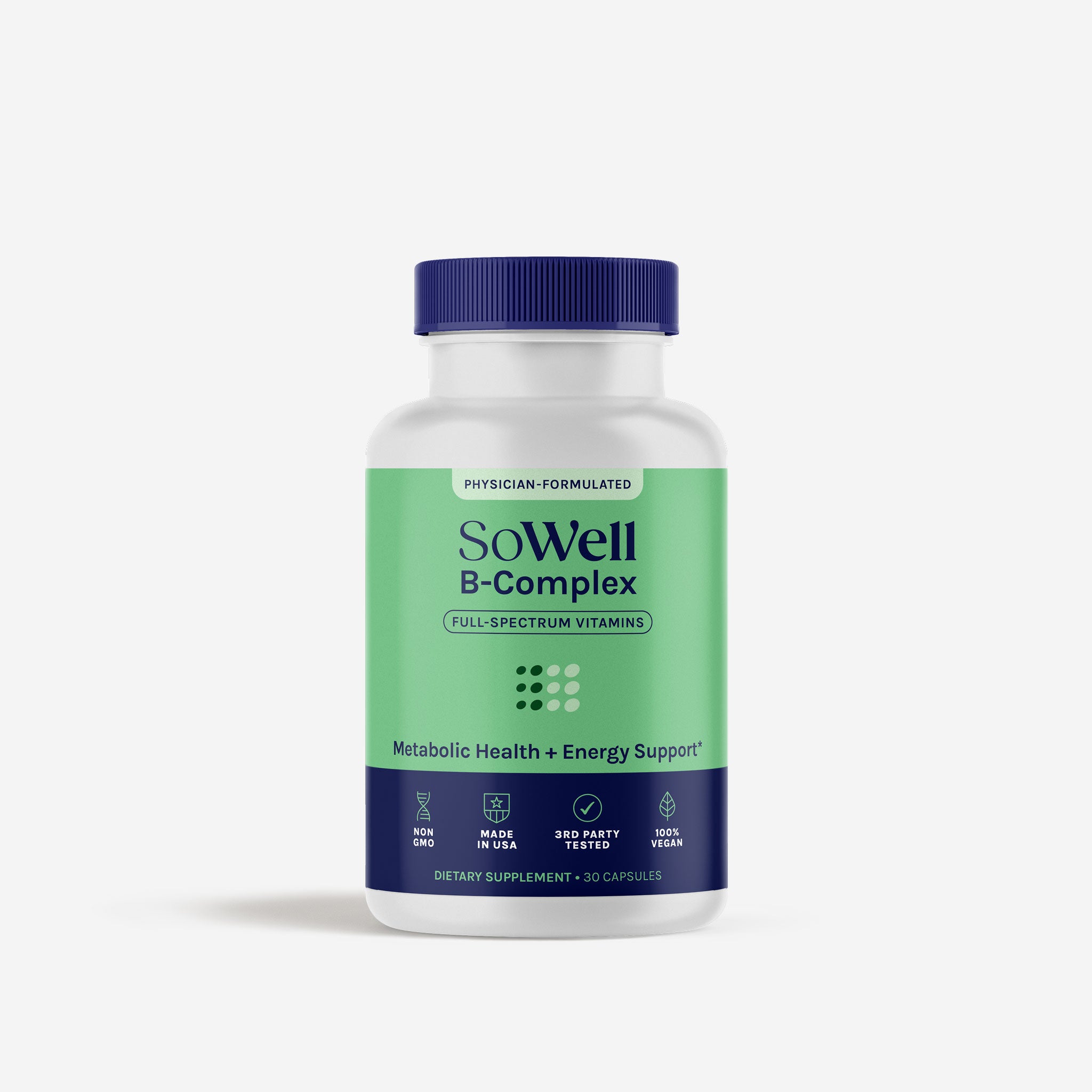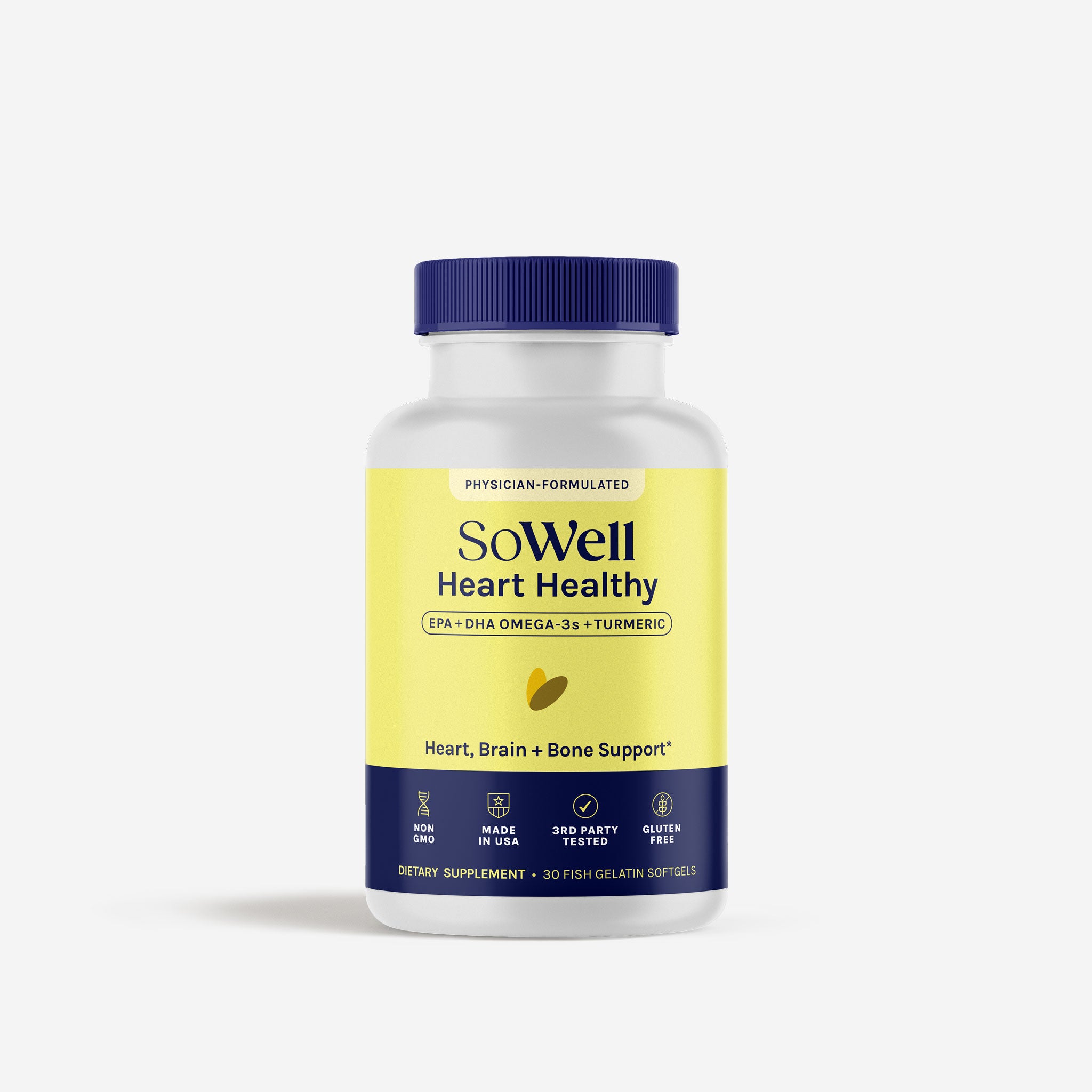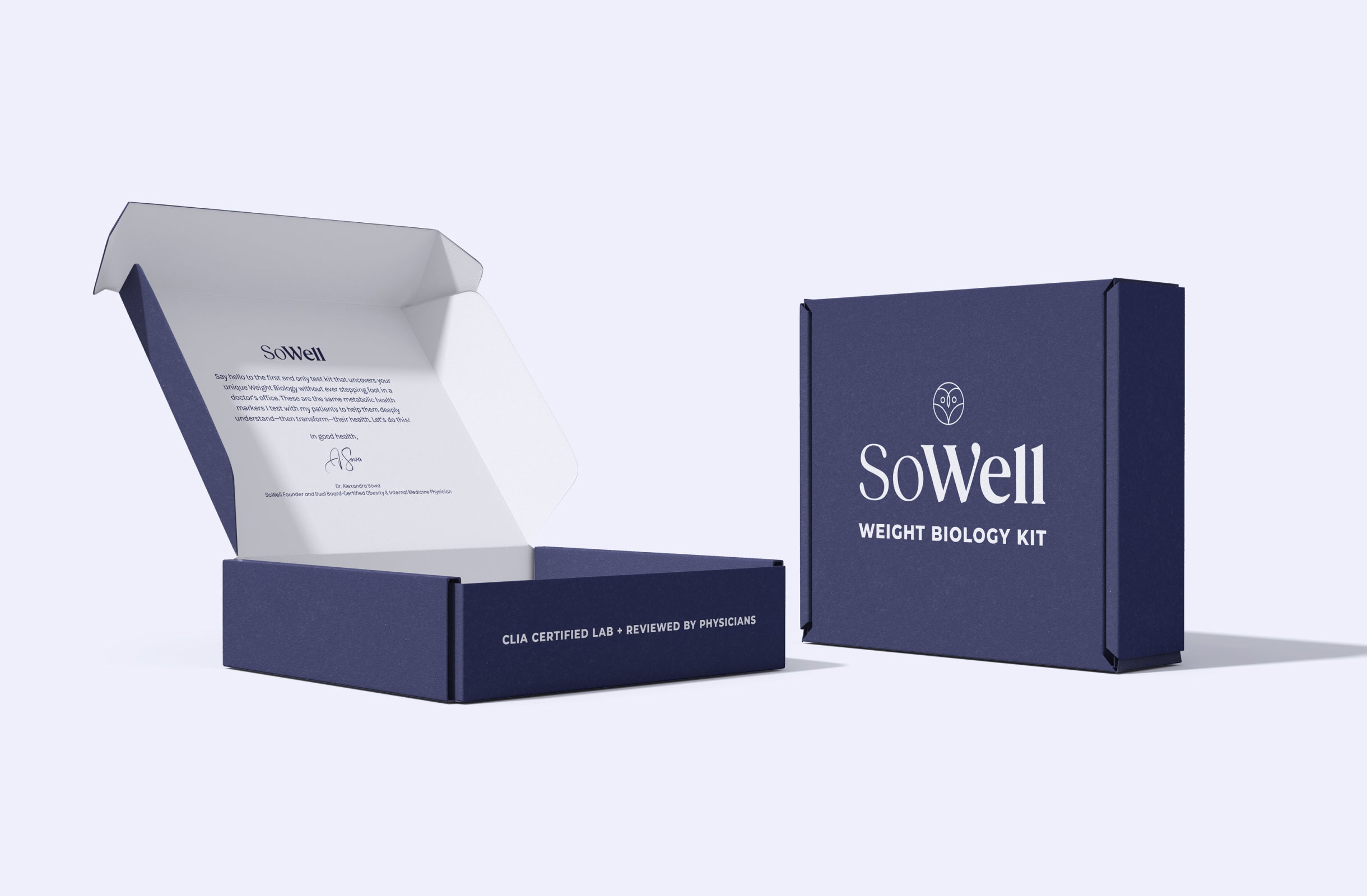
Your biomarkers are dynamic and should be tested regularly to reflect changes in your diet, lifestyle and general health progression. At SoWell, we believe in the power of knowing your personal data for health optimization.
So, when should you re-test? If you…
-
Started a new way of eating (WOE). If you are about to switch things up with a new plan (especially less understood approaches in the medical community like a Ketogenic WOE or Intermittent Fasting), we think it’s crucial to know where you started. Not only to track your improvement, but to know if any abnormal markers were present before you started, or changed after. Health professionals have a tendency to believe in outdated or untrue data (like eating dietary cholesterol causes high cholesterol – link out to cholesterol article) and we want you to be empowered with your own health data. When starting a new WOE, we recommend testing at the very beginning and 8-12 weeks later.
- Started a new supplement. At SoWell, we believe in the benefits of supplements to help augment lifestyle changes to improve overall health. For example, if you are taking GetSoBalanced, a supplement created to support metabolic health and blood sugar, you’ll want to monitor changes in your glucose, insulin, triglycerides, HDL and HOMA-IR score. We recommend checking your labs after 3-6 months after consistent usage.
- Changes in your weight. Whether you’ve lost weight or gained weight, we recommend checking your metabolic labs every 10 pounds up and 20-30 pounds down. Fluctuation in hormones and biomarkers will happen in these cases, so we recommend checking your labs to see the way your health is impacted.
We look forward to re-test your labs! If you have any questions, reach out to our support team. As always, we recommend you discuss your lifestyle changes and results with your own medical team.
